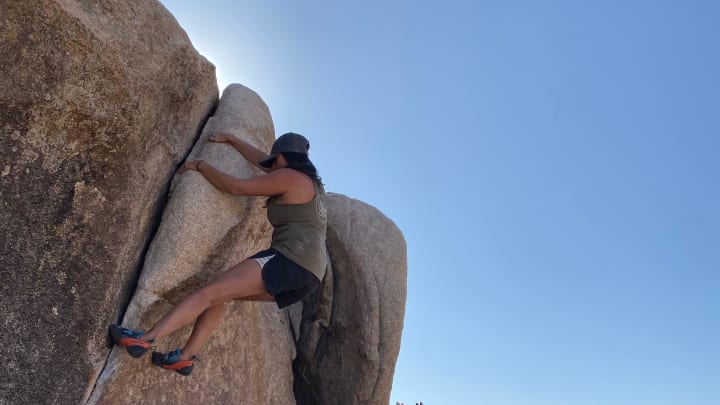Why Outdoor Adventures Are Essential for Mental Wellness

Outdoor adventures offer more than just physical benefits; they have a profound impact on mental health as well. Engaging in activities such as hiking, kayaking, and camping can significantly enhance mental well-being. Here are some of the key benefits:
1. Stress Reduction
Spending time in nature has a calming effect that can lower cortisol levels, the body’s primary stress hormone. Natural environments help to distract from daily stressors and provide a peaceful setting that promotes relaxation.
Hiking in a serene forest or along a tranquil river can create a sense of peace and help alleviate anxiety. The sights and sounds of nature, such as rustling leaves and flowing water, contribute to this calming effect.
2. Improved Mood
Physical activity stimulates the production of endorphins, which are chemicals in the brain that act as natural painkillers and mood elevators. Engaging in outdoor adventures can lead to a noticeable improvement in mood and a reduction in symptoms of depression.
Activities like kayaking or mountain biking can boost your spirits and provide a sense of accomplishment. The combination of physical exertion and immersion in nature works synergistically to enhance your overall mood.
3. Enhanced Focus and Cognitive Function
Exposure to natural environments has been shown to improve attention span and cognitive function. Nature can help reset the brain, enhancing creativity and problem-solving skills.
Taking a walk in a park during a work break can refresh your mind and improve productivity for the remainder of the day. The change of scenery and fresh air help to clear mental fatigue and improve concentration.
4. Social Connection
Outdoor adventures often involve group activities, which can strengthen social bonds and reduce feelings of loneliness. Shared experiences in nature foster a sense of community and support, which are crucial for mental health.
Participating in group hikes or camping trips allows you to build relationships and create lasting memories with friends and family. These social interactions can enhance your sense of belonging and emotional well-being.
5. Physical Exercise
Regular physical activity is known to have numerous mental health benefits, including reducing symptoms of depression and anxiety. Outdoor adventures provide an engaging way to stay active and enjoy the benefits of exercise.
Trail running or rock climbing not only improve physical fitness but also boost mental resilience and confidence. The challenges faced and overcome during these activities can lead to a sense of achievement and self-worth.
6. Connection to Nature
Spending time outdoors fosters a deeper connection to nature, which can lead to greater environmental awareness and a more mindful approach to life. This connection can promote a sense of peace and grounding.
Practicing mindfulness while kayaking on a serene lake or meditating on a mountain top can enhance your connection to the natural world and promote inner peace. These moments of mindfulness help to center your thoughts and reduce stress.
Incorporating outdoor adventures into your routine can significantly benefit your mental health. From reducing stress and improving mood to enhancing cognitive function and fostering social connections, the positive impacts are profound.
Whether it's hiking in the mountains, paddling down a river, or simply walking in a park, nature offers a therapeutic escape from the demands of daily life. Embrace the outdoors and experience the mental health benefits it provides.
